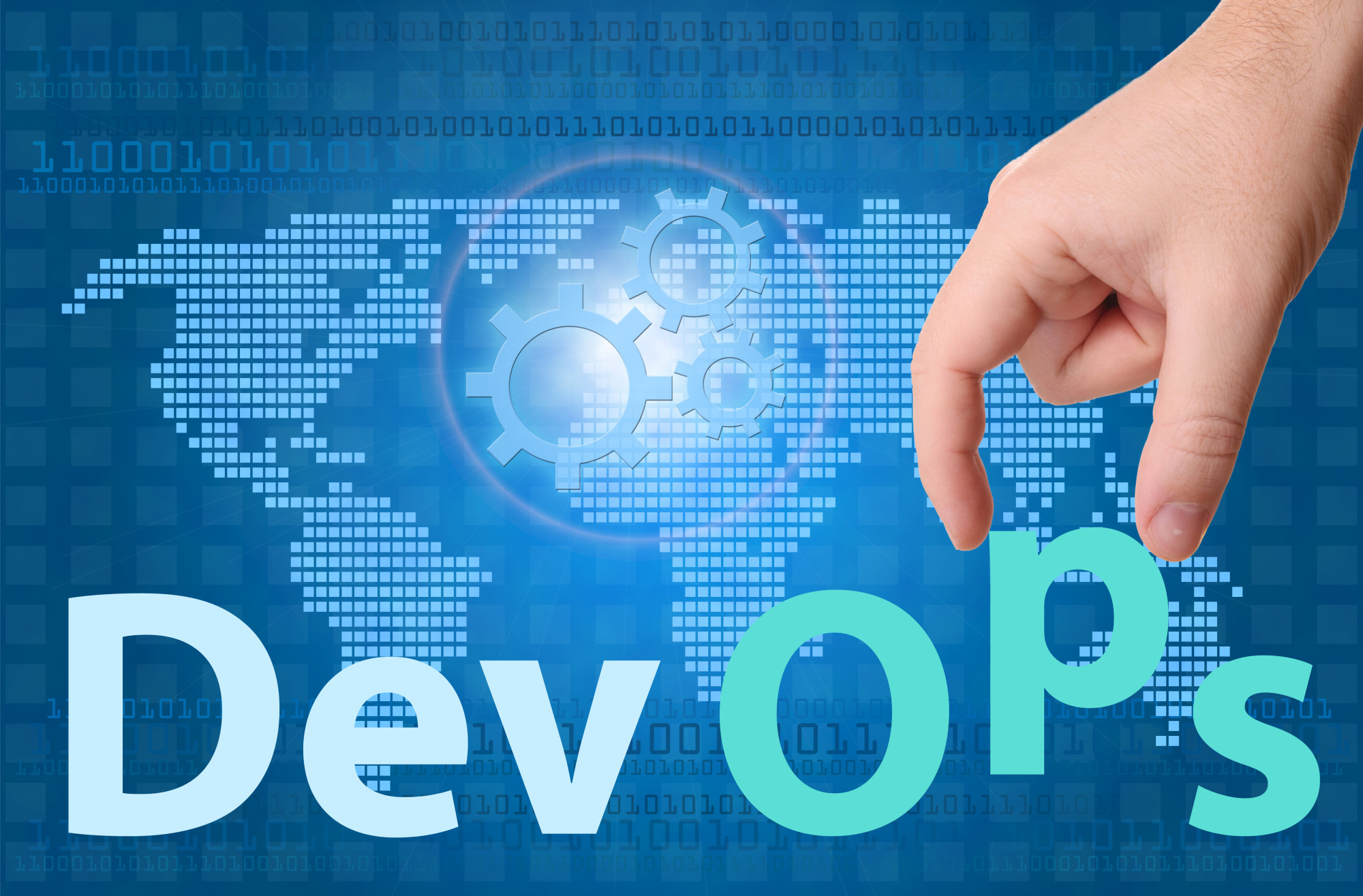
Worldwide IT spending has pushed past $3 trillion and continues to grow. In the current business market, more companies are being asked to think about their IT even more. Remote work and telecommuting seem to be here to stay, but they’ll put more demand on IT teams.
It’s time for business leaders like you to rethink how you handle IT. There are plenty of different frameworks out there, including DevOps.
What is DevOps, and how could it benefit your business? This guide has everything you need to know.
What Is DevOps?
DevOps is a portmanteau of “development” and “operations.” In short, it’s an IT strategy that combines development and operations.
Traditionally, development and operations were separate from each other. Development focused on the creation of new software, apps, or technology solutions.
Operations, by contrast, was focused on the implementation of those solutions. Operations ensured they kept running from day-to-day.
DevOps evolves from the desire for more agile approaches to IT. Agile frameworks allow teams to respond faster, reducing the time from concept to product. DevOps also draws on ideas from manufacturing like “just in time” production.
How Does DevOps Work?
In essence, DevOps rolls development and operations together to create a continuous cycle. The development side rolls out new software, which is then implemented by operations.
As operations are ongoing, feedback informs continued development. New features, updates, and more can be rolled out to the already-operating solution.
This results in a faster and more responsive development cycle. Instead of waiting for a new version, the current one is continually updated and improved.
The feedback from operations allows development to focus on what to improve. They can then roll it out in pieces. This works with more agile approaches to software development, which rolls out updates in blocks.
This is a direct contrast to older strategies. In the past, software solutions would need to be rebuilt from the ground up. Today, developers can update one piece of the solution, then swap it in without interrupting operations.
What Are the Benefits of DevOps?
Adopting the DevOps framework is much more efficient. It allows continuous improvement once a product has already been rolled out.
In older models, you’d finish working on a software solution. Then you’d immediately go back to the drawing board to begin the next version. Developers built monolithic pieces of software in a way that meant each piece would have to be rebuilt for the next version.
Today’s approaches to software development allow for much more flexibility. Developers can update modules and parts of the program as needed, often while the app is still in use.
This allows teams to work on what needs to be updated in response to operating issues or user feedback. It also means releases are much faster. Development is more focused, so continuous improvement becomes possible.
This is more efficient, and it allows for innovations to roll out on shorter schedules. This improves your ability to compete.
Better Collaboration and Smaller Teams
DevOps also tends to result in smaller teams. The development and operations teams are often combined. Team members perform both roles.
This improves collaboration between the two teams, which can reduce friction and issues. An example is easier operations.
Since the dev team is also operations, they’re aware of how they should handle the program. Since they’re more familiar with the code, they’re also in a better position to troubleshoot if it doesn’t work as expected.
Their greater knowledge leads to faster implementation and resolution of issues. The team may be able to fix issues themselves or move an issue into development faster.
The use of DevOps tools that allow for continuous updating of programs also help. The closer collaboration between the two teams makes for more responsiveness and better user experience.
It can also reduce your overhead since it minimizes the IT team size. What’s more is that better collaboration leads to fewer problems, which can lead to higher growth and revenue.
What Do You Need for DevOps?
DevOps is a method, not a specific program. Still, you’ll need to be able to hire people who have some background with the method.
You may hope to hire a DevOps engineer, which is a professional who has experience using the DevOps method in software engineering. You can look for DevOps certification as proof of knowledge of this strategy.
An example is SAFe DevOps certification. To achieve this certificate, professionals need to know how to use the Scaled Agile Framework. They must also show other skills and knowledge.
Moving DevOps Beyond Software
Like other agile frameworks, DevOps doesn’t just apply to software development. It may be most useful for the IT team, but the philosophy behind it can be applied to other parts of your business.
Other teams in the IT department may be able to benefit from the DevOps framework. Cybersecurity might benefit from adding new systems and continuously upgrading the security features.
Another example might be website development or even IT infrastructure itself.
What about outside of the IT department? DevOps is relevant for any kind of product development cycle.
The development team can assist with troubleshooting and customer use. They can then upgrade designs on an ongoing basis, using feedback.
You can also apply it to departments like marketing or sales. A new campaign could be introduced. Using metrics, you can tweak it to deliver better results.
Feedback received during the current campaign can inform the development of new campaigns.
The Right IT Philosophy for Growth
You asked, “What is DevOps and what can it do for my business?” Now you can see how useful it is when you want to develop an app. It’s also a helpful philosophy to take to almost any part of your business.
Looking for more ways the right approach to tech can help you grow your business? You’re in the right spot! Check out the archives for more great ideas and tips.




